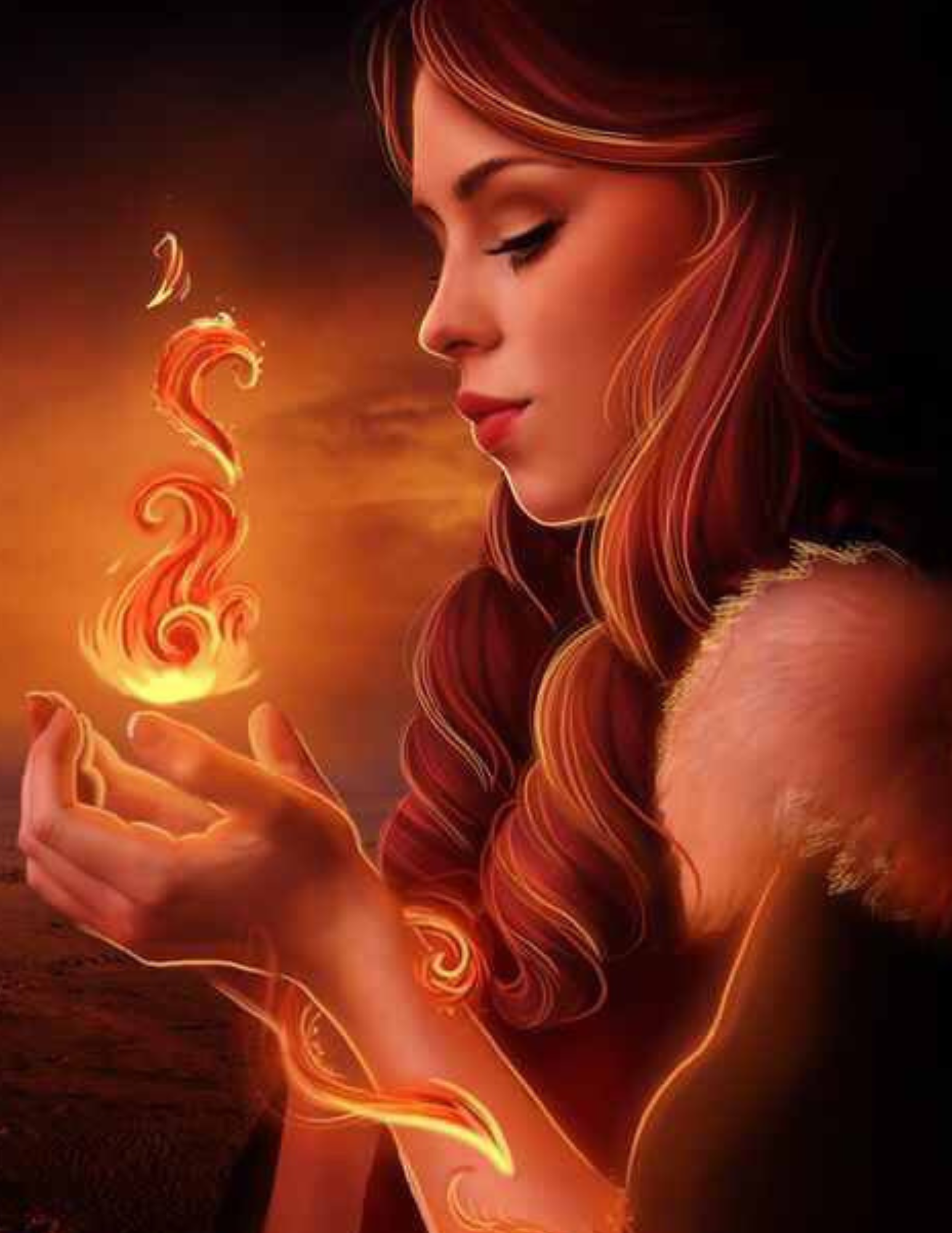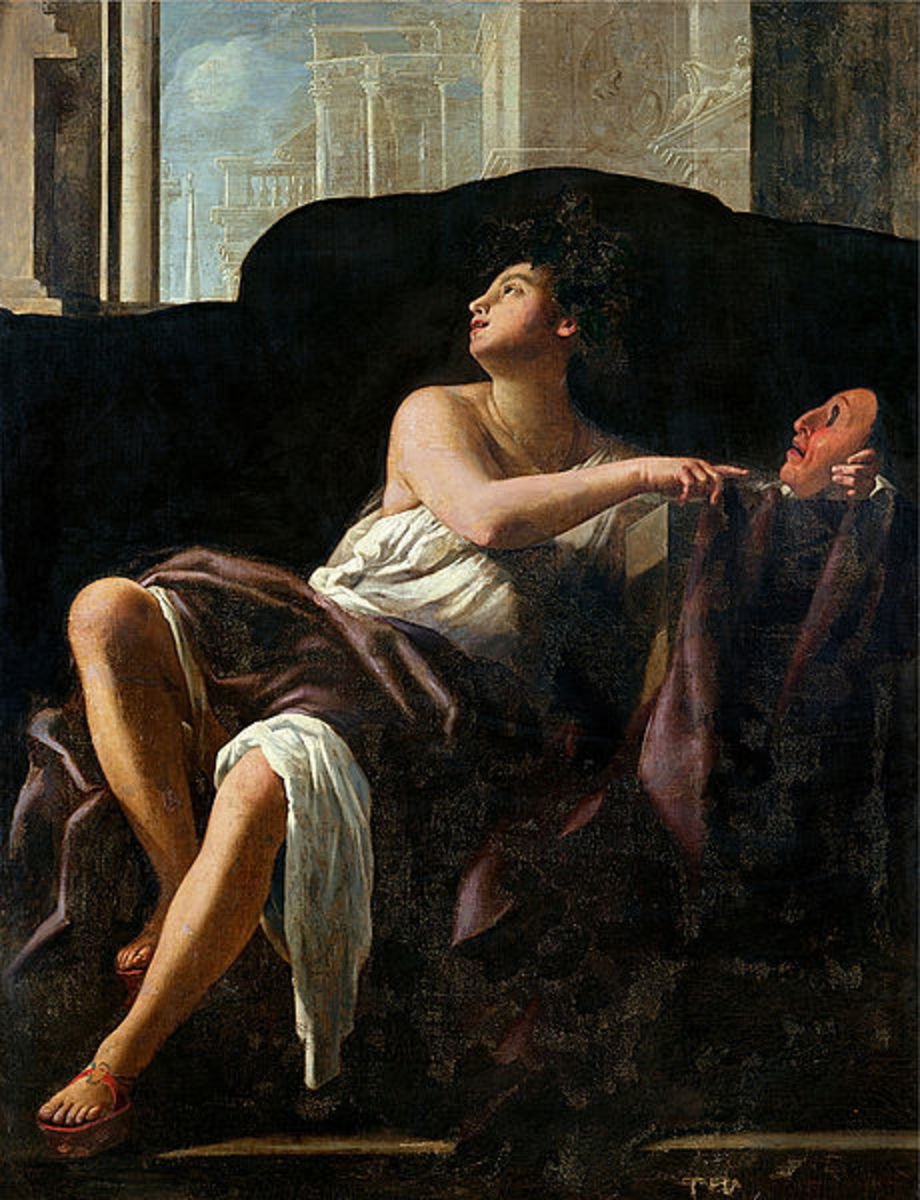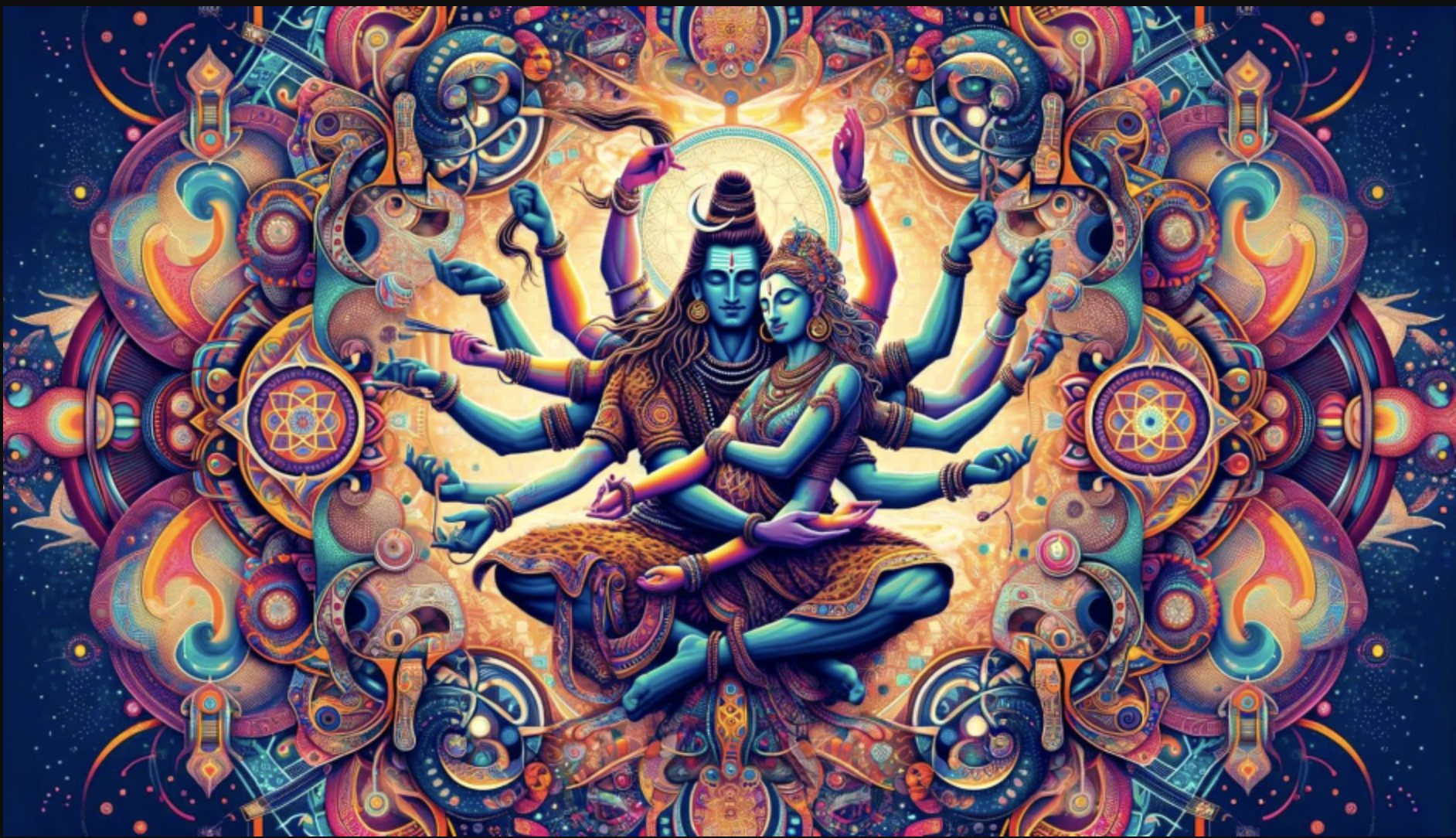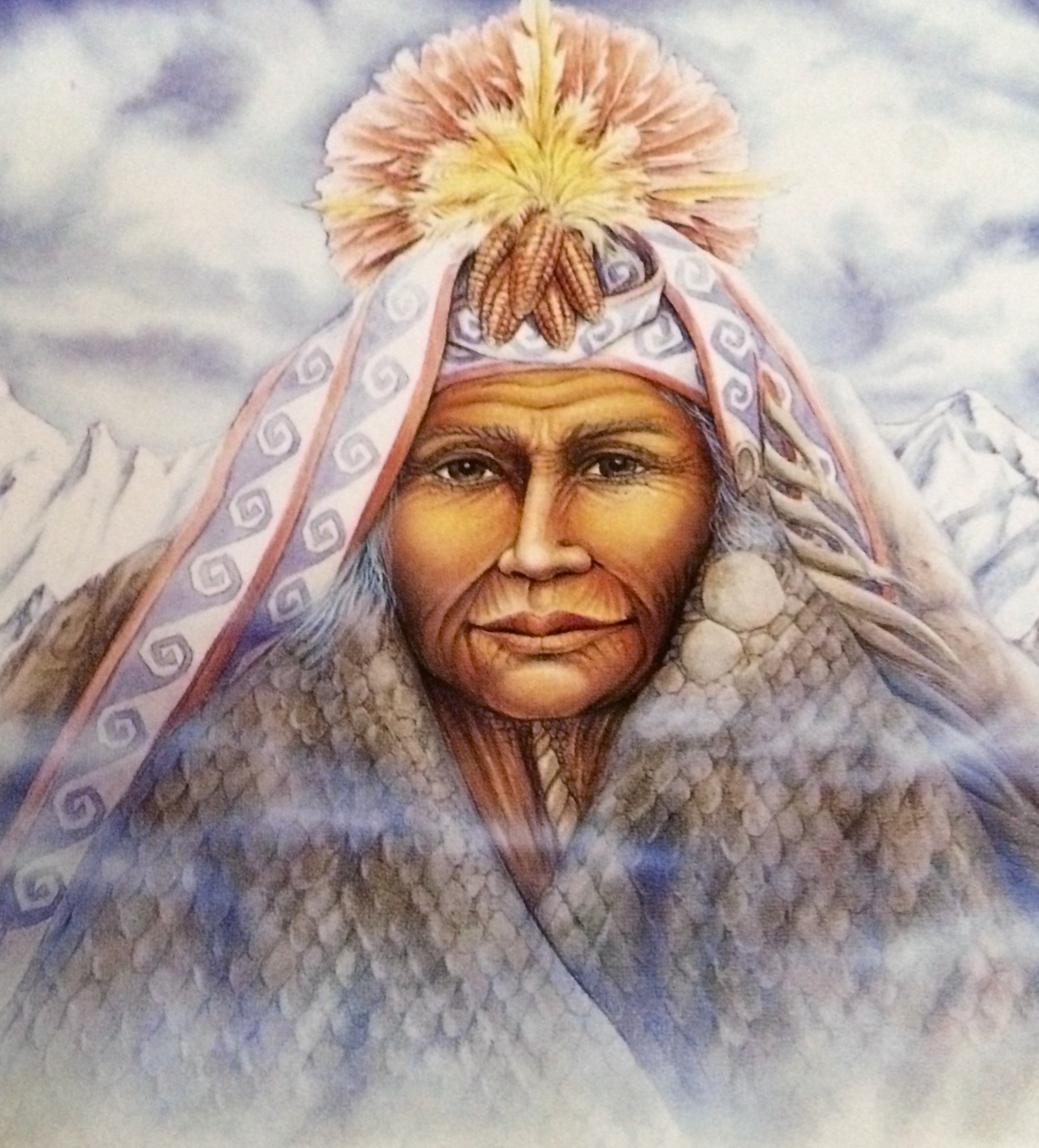
The Goddess Library
A resource to learn about Goddesses celebrated and honored across traditions and cultures worldwide.

Brigid
In honor of Imbolc, we celebrate Brigid, the Celtic Goddess of wisdom, poetry, healing, protection, smithing and domesticated animals.
One of the most revered mythic and religious figures in Ireland, Brigid is celebrated around the world on February 1, marking the beginning of Spring on the pagan calendar.

Citlalicue
Citlalicue is an Aztec goddess, revered as the creator of stars and is associated with both the Milky Way and Earth. Additionally, Citlalicue is regarded as the goddess of death and darkness, often linked to the first human pair in Aztec mythology, Nata and Nena.

Frau Holle
❄️ In some Scandinavian traditions, Frau Holle is known as the feminine spirit of the woods and plants, and was honored as the sacred embodiment of the earth and land itself. She is associated with many of the evergreen plants that appear during the Yule season, especially mistletoe and holly, and is sometimes seen as an aspect of Frigga, wife of Odin.

Diana
Diana is the Roman Goddess of wild animals and the hunt.
Original stories of Diana depict her as an indigenous woodland goddess. She eventually became connected to the moon across several cultures as well.

Oshun
Oshun is a holy river deity among the Yorùbá people of Africa.
She is known as the goddess of divinity, destiny, femininity, fertility, beauty, and love. She is regarded as a highly benevolent Goddess and believed to be the protector of the poor and a mother to all orphans.

Vesta
Goddess Vesta rules over the ever-burning hearth fire- a staple in Ancient Roman culture during a time when fire was not easy to access. The Temple of Vesta sat in the Roman Forum, where the Vestal Virgins tended to the perpetual hearth that burned within.

Abundantia
Abundantia, the Roman Goddess of good fortune, prosperity and abundance. ⚱️✨
The name, Abundantia, literally means "plenty" or "overflowing riches".

Lilith
Lilith is the goddess of darkness.
Jewish mythology tells us Lilith was created as Adam's first wife- the original woman. But her refusal to submit to the masculine and be beneath him caused a lovers' quarrel.

Venus
Venus is the Roman Goddess of love, beauty, and fertility. 💗🌸✨
💗 Venus is the Roman equivalent to Aphrodite, embodying the power of love, sex, and beauty.

Mary
Mary is the biblical representation of the divine feminine archetype. 🌹
The Goddess 'Mary' has been depicted throughout history in three distinct aspects-- Virgin Mary, Mother Mary and Mary Magdalene--each representing different feminine archetypes.

Thalia
Thalia is the Greek Goddess of Comedy. She was one of the nine Mousai, the muses of music, song and dance. Each Mosusai was assigned specific artistic spheres, Thalia’s being comedy and bucolic poetry.

Iris
Iris, the Greek Goddess of the Rainbow. 🌈✨
Iris is not only the personification of the rainbow, but also the messenger of the gods, connecting the gods to humanity.

Shiva + Shakti
Shiva & Shakti are the Hindu God & Goddess of primordial life force.
☯️ Shiva symbolizes the masculine energy of pure consciousness.
☯️ Shakti represents the feminine energy of form and expression.

Eris
Eris is the Greek Goddess of discord. ☄️
Eris is the embodiment of divine rage. She thrives off chaos and destruction. However, she doesn’t hold this fury without reason…

Arnamentia
Arnamentia is the Celtic Goddess of flowing water. 🌊
Arnamentia is revered as the goddess of spiritual healing and purification. She governs all bodies of water, including large seas, lakes, rivers and springs.

Saraswati
Saraswati is the beloved Hindu goddess of learning, wisdom, and creativity. She is the creator of the arts—including music, dancing, literature and poetry. She is the maker of science and mathematics and rules all aspects of teaching and learning. Her name is derived from two words, "saras" (meaning "flow") and "wati" (meaning "a woman"), also known as “The Flowing One.”

Pachamama
Pachamama is the Incan Earth Mama. She is the goddess of fertility, planting and harvesting. She originates from the ancient Inca, the indigenous people who inhabited the Andes mountains. Her name translates to "Mother Earth" or "Mother Cosmos." She oversees life by nourishing and protecting it’s inhabitants, her children.

Lakshmi
Lakshmi is the Hindu Goddess of Prosperity. She is the embodiment of wealth and abundance in both the material and spiritual forms.

Kali Ma
Kali is the Goddess of Revolution… she is also known as Kali Ma, Mother Kali - she provides us with an opportunity to have our most inner requests granted! Kali holds both fearless and liberating energies. She challenges us to look at her darkest form and find the face of love behind the pain of life.

Ishtar
At our first ever Goddess Night Out under the Libra Full Moon, we worked with the Goddess Ishtar. Ishtar is the Mesopotamian goddess of love, sexuality, war, justice and fertility.
